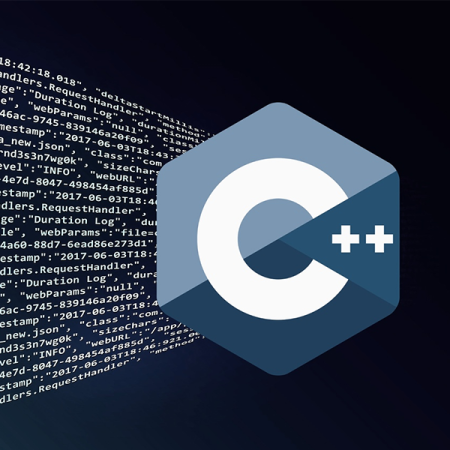Data structures play a critical role in computer science and software development, enabling efficient data organization and manipulation. This course introduces learners to object-oriented programming (OOP) principles in C++, focusing on building and managing data structures effectively.
Participants will start by exploring classes, objects, and encapsulation, learning how to design modular and reusable code. The course then covers fundamental data structures, such as linked lists, stacks, queues, trees, and graphs, while demonstrating how OOP enhances their implementation. Additionally, learners will work with dynamic memory allocation and pointers, ensuring efficient memory management in C++.
By the end of the course, learners will have hands-on experience designing, implementing, and optimizing data structures using C++ and OOP principles, preparing them for more advanced programming and software development roles.
Sections Included:
- Introduction to Object-Oriented Programming in C++ – Understanding classes, objects, and encapsulation.
- Memory Management and Pointers – Exploring dynamic memory allocation and deallocation.
- Linked Lists – Implementing single and doubly linked lists with OOP concepts.
- Stacks and Queues – Understanding and applying stack and queue data structures.
- Trees and Graphs – Implementing tree structures and graph traversal techniques.
- Polymorphism and Inheritance – Leveraging OOP principles for flexible data structure implementations.
- Advanced Data Structure Optimization – Improving efficiency using templates and best coding practices.
Benefits Upon Completion:
- Gain proficiency in object-oriented programming in C++.
- Learn to design and implement core data structures.
- Master dynamic memory management using pointers.
- Understand inheritance and polymorphism for flexible code design.
- Develop job-relevant coding skills through hands-on projects.






